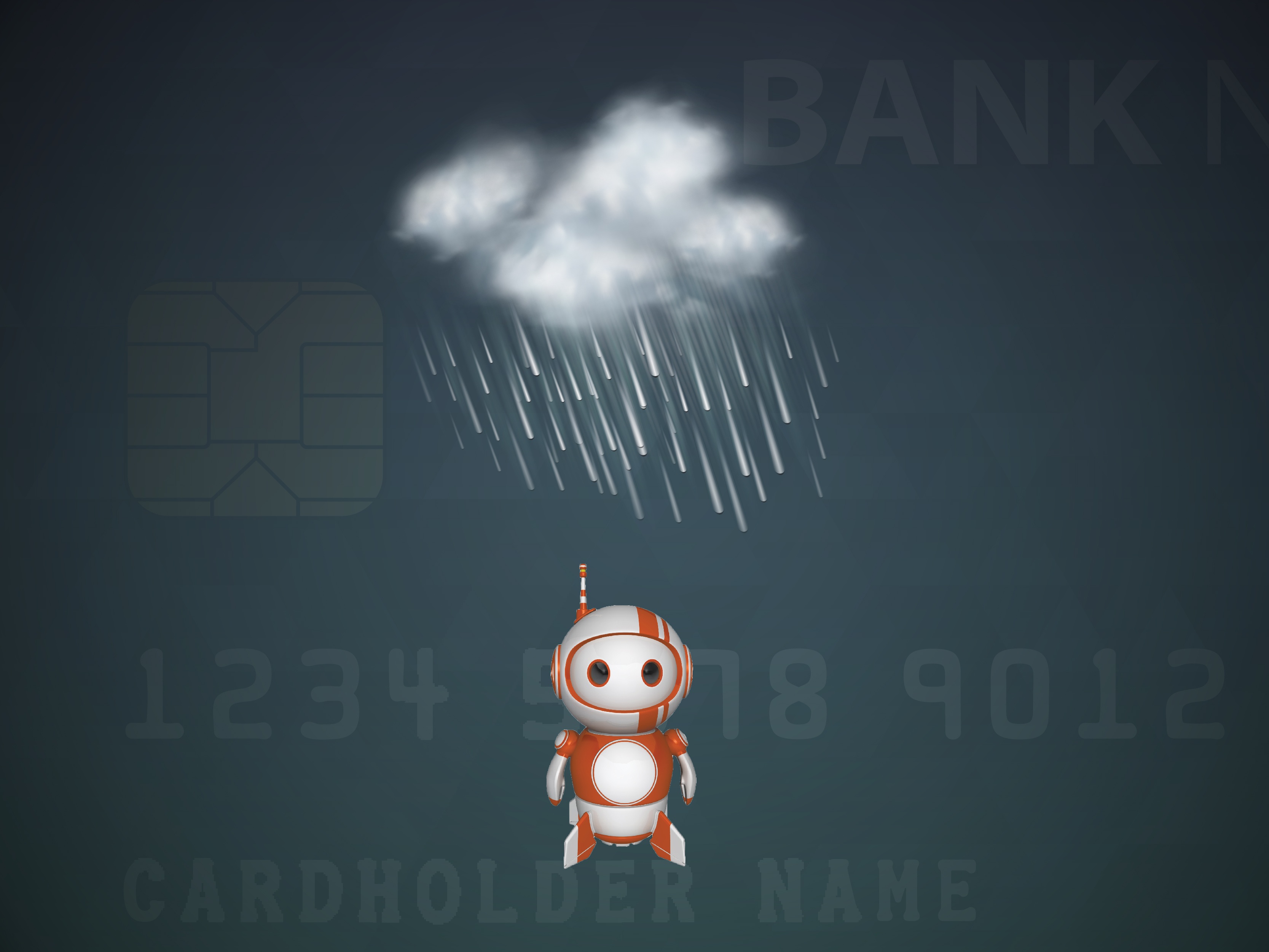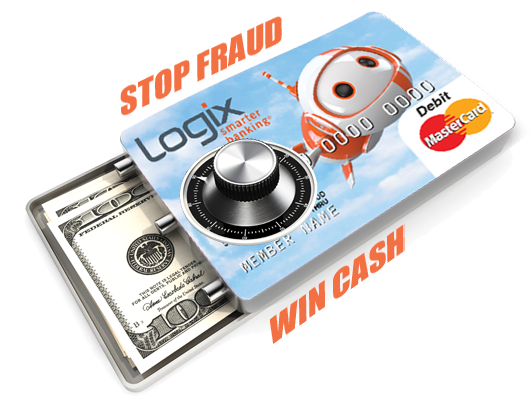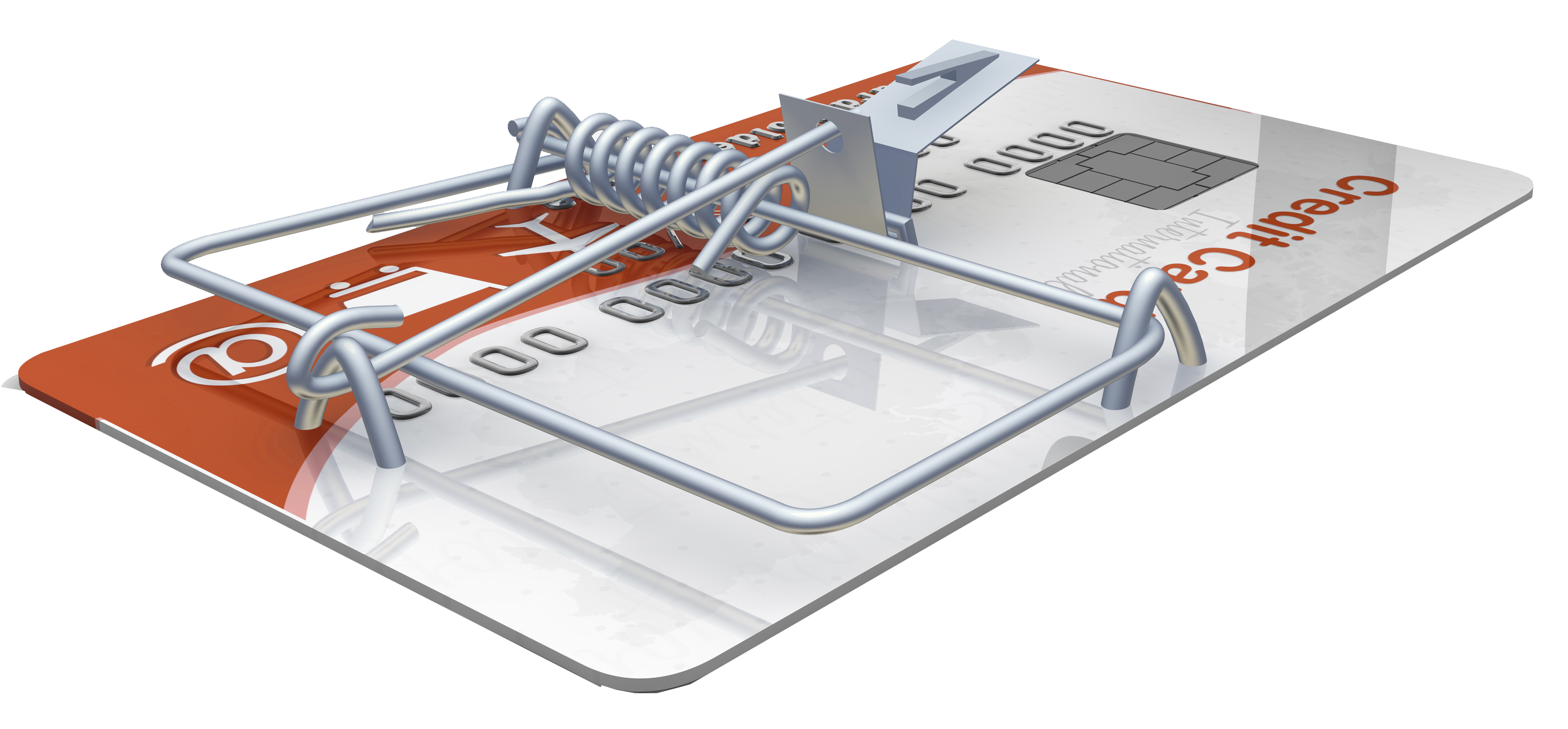Let's Talk About Your Credit Card Debt
Ring, Ring? Keep an Ear Out for these Popular Telephone Scams
Don’t take the call! Telephone imposter scams on the rise
Win $733.70 every week. Get $5 per registration. Stop Fraud.
Ready to win? It's you vs. the bad guys, and we like you much better. So for the next 6 weeks, we'll be taking money out of their pockets and putting it back into yours.
Each instance of card fraud costs Logix about $366.85. That's $366.85 we can't use to fund loans, reduce fees, increase deposit rates, hire contact center staff, or add to dividends. Every time card fraud is successfully committed, it directly impacts our ability to help our members. Worse yet, it is $366.85 to help fraudsters stay in business.
Let's take money out of their pockets and get it back in member pockets where it belongs!
For the next 6 weeks, Logix will be selecting a member who is helping us fight fraud by using the Logix Card Manager app to win DOUBLE the $366.85 we lose with each instance of card fraud. That's $733.70 every week until August 28th. PLUS, every new Logix Card manager registrant will automatically get a $5 payout.
If you're ready to register and win, all while helping support a healthy credit union and put fraudsters out of business, simply click the links below to download the app or learn more about it.
To set up Card Alerts in seconds, simply click one of these icons to get started.
NO PURCHASE OR PAYMENT OF ANY KIND IS NECESSARY TO ENTER OR WIN THIS SWEEPSTAKES. Odds of winning, 6 in 70,000.Click here to see the official rules.
The Richest Man in Babylon - A book review by our CEO, Dave Styler
Our CEO’s column in our employee newsletter, Logix Out Loud, is always an enjoyable read. Usually it is filled with big happenings at Logix, ideas for providing great service, or insights about how the credit union is doing. This month, Dave used his column to tell our staff about one of his favorite books, “The Richest man in Babylon.” The financial advice in the book is timeless, and certainly worth sharing with our members. Here’s Dave’s post to our staff:
Don't EVER put these four things on a credit card.
Contrary to popular belief, using a credit card to make purchases instead of cash can be a very healthy practice - especially if you don't carry a balance and you use a rewards credit card like our Platinum Rewards MasterCard. But there are four things nobody should ever put on a credit card:
Electromagnets: Electromagnets can damage the magnetic strip on your credit card, rendering them useless except in cases where the number is manually entered. (Such as an Amazon purchase.)
Other people's names: In the signature strip on the back of your card, never put another person's name or doodles of any sort. This space should be reserved for your own signature and other markings are not advisable.
White hot molten metal: As with the electromagnet, white hot molten metal (such as the kind one finds in steel mills or the volcanic planet Mustafar from Star Wars III) should not be put on a credit card except in dire circumstances, and NEVER while in your pocket. (Am I right, Brian?) The card will likely melt causing damage to the card or extreme pain if it touches the skin.










%20(952%20x%20317%20px)-2.png)




